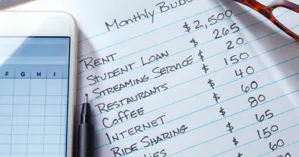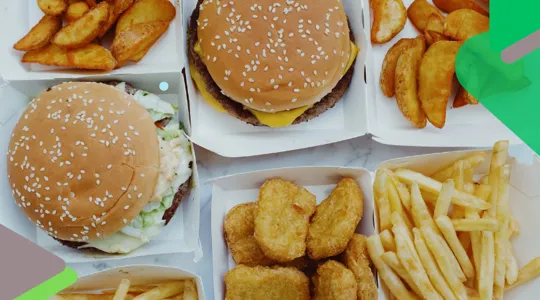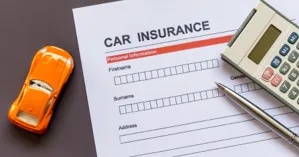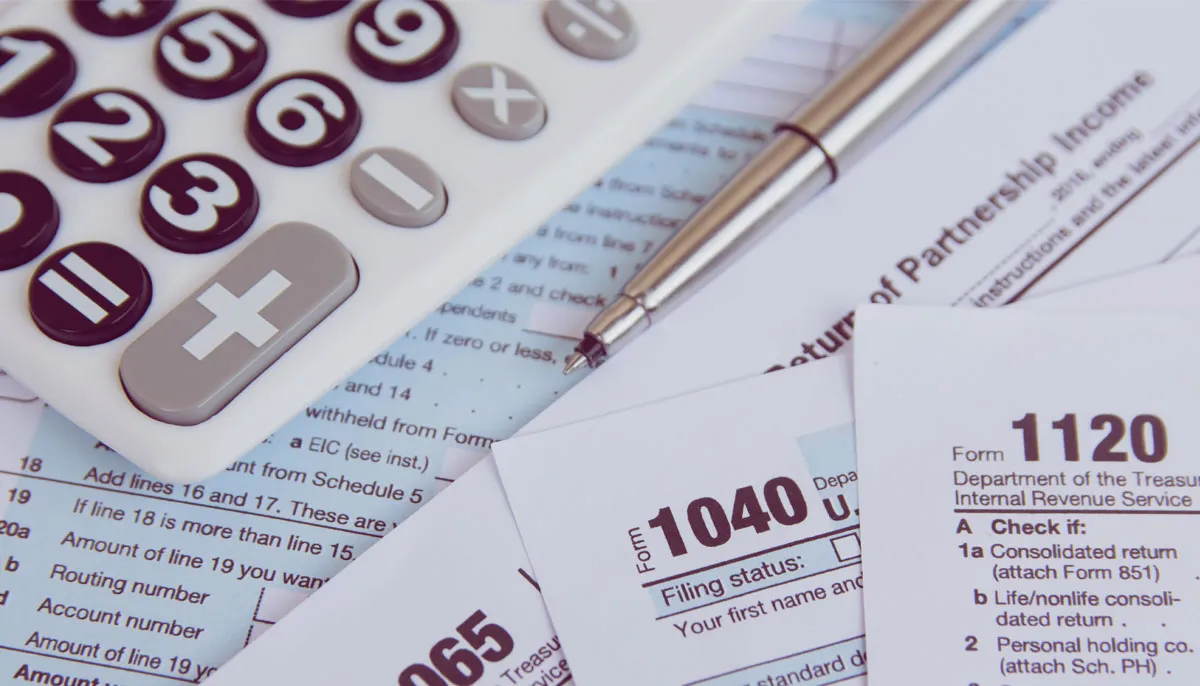- Quick Summary
- Assess and Adjust Your Living Expenses
- Eliminate the Daily Coffee Shop Run to Save Money
- Create a Budget That Works for You
- Cut Out the Cable to Reduce Monthly Expenses
- Forget Eating Out to Manage Your Grocery Budget
- Increase Your Home and Car Insurance Deductible to Lower Insurance Premiums
- Use the Library
- Cut Down on Alcohol
- Conclusion

- Quick Summary
- Assess and Adjust Your Living Expenses
- Eliminate the Daily Coffee Shop Run to Save Money
- Create a Budget That Works for You
- Cut Out the Cable to Reduce Monthly Expenses
- Forget Eating Out to Manage Your Grocery Budget
- Increase Your Home and Car Insurance Deductible to Lower Insurance Premiums
- Use the Library
- Cut Down on Alcohol
- Conclusion
Most people are looking for ways to save money. And if you could save $250 per week, that would be 1K a month. A savings account will grow quickly if you have that kind of money. But the key is, how do you save that kind of money weekly? We have six things to do differently around the house to save $250 per week.
1. Assess and Adjust Your Living Expenses

Assessing and adjusting your living expenses is a crucial step in creating a budget that works for you. Start by tracking your monthly expenses, including fixed expenses like rent, utilities, and insurance premiums, as well as variable expenses like groceries, entertainment, and travel. Identify areas where you can cut back and make adjustments to free up more money in your budget.
Consider implementing some of the following strategies to reduce your living expenses:
- Cancel subscription services you don’t use, such as gym memberships or streaming services.
- Negotiate a lower rate with your service providers, such as your cable or internet company.
- Shop around for insurance quotes to ensure you’re getting the best rate.
- Plan your meals and make a grocery budget to reduce food waste and save on groceries.
- Look for ways to reduce your energy consumption and lower your utility bills.
By making a few small changes to your living expenses, you can save money and free up more room in your budget for savings and investments.
2. Eliminate the Daily Coffee Shop Run to Save Money

Going out for coffee daily will cost, and housing expenses are a key component of living expenses. Housing expenses represent a significant portion of a household's budget, and reducing these costs can be achieved by downsizing, negotiating rent, or managing maintenance and utilities. When you figure five dollars per cup, you drink $25 worth of caffeine weekly. And if you drink more than a cup of fancy coffee, this cost could be even more.
3. Create a Budget That Works for You

Creating a budget that works for you requires a deep understanding of your financial goals and expenses. Start by identifying your income and fixed expenses, such as rent, utilities, and insurance premiums. Then, allocate your remaining income into categories like savings, investments, and discretionary spending.
Consider using the 50/30/20 rule as a guideline for allocating your income:
- 50% of your income should go towards fixed expenses like rent, utilities, and insurance premiums.
- 30% of your income should go towards discretionary spending like entertainment, travel, and hobbies.
- 20% of your income should go towards savings and investments.
Remember, this is just a guideline, and you may need to adjust the proportions based on your individual financial goals and expenses.
It’s also important to prioritize your savings and investments, such as contributing to an employer-sponsored retirement plan or building an emergency fund. Consider working with a certified financial planner to create a personalized budget that meets your unique needs and goals.
4. Cut Out the Cable to Reduce Monthly Expenses

Cutting the cord has become popular in America, and this is why. The average monthly cable package is $217.42. Do you really watch all of those channels? Instead, buy a couple of streaming services. The premium services usually run around $16 per month, and the ones with ads are less than ten dollars a month.
5. Forget Eating Out to Manage Your Grocery Budget

Eating out is great until you look at your credit card bill. Then reality sets in. The average American spends $166 per month eating out. That’s per person. If you have a family of four, you’re going into debt as soon as you put the burger in your mouth. Reduce your restaurant visits to once a week and save. Allocate the saved money towards essential categories like emergency funds, retirement savings, and debt repayment.
6. Increase Your Home and Car Insurance Deductible to Lower Insurance Premiums

If you have a low deductible, you're paying a lot for it. Increasing your $250 deductible to $500 or $1,000 can save you significantly. The same goes for your home. If you’re not one to have claims, you won’t miss it. Look at what your deductible is and have a conversation with your agent.
7. Use the Library

If you’re into it, buying books, music and movies can add up fast. That’s where the library comes into play. Libraries aren’t just filled with dusty rows of books; they have digital offerings. You can borrow audiobooks and eBooks. The eBooks can be sent directly to your Kindle. Most libraries utilize apps like Libby to make getting eBooks easier. Libraries also loan movies and music. So, movie night will only cost you the popcorn.
8. Cut Down on Alcohol

Drinking alcohol is very expensive. Buying a glass of wine in a bar can cost up to $20. Although beer is less costly, you could spend five dollars a brewski. Buying booze at the liquor store is cheaper, but for 30 bucks, a bottle can put a dent in the wallet if you imbibe it often. That's why one in two Americans are quitting drinking to save money. The health benefits are a bonus.
Conclusion
Most of these changes are not drastic. They’re little things you may not realize are costing you, but they add up. Start saving money by making small lifestyle changes and setting clear budgeting goals. Additionally, taking advantage of employer matching contributions to your 401(k) plans and health savings accounts is like getting free money and can significantly enhance long-term savings. Take your coffee to work to save that cost, borrow movies instead of ordering on-demand and cut out the booze. Your wallet will thank you.






